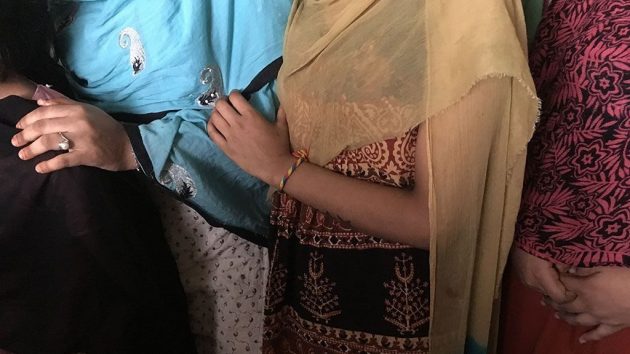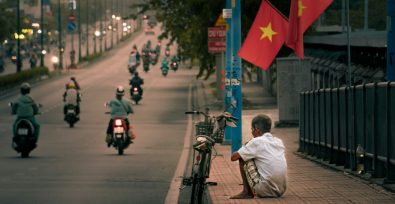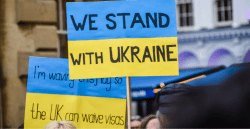Girls and boys who are forced to go to India as sex workers might wait years to come back home to Bangladesh after they are rescued, but now a consular official is committed to speeding up the process.
On an overcast evening, on a boat criss-crossing a river on the Bangladesh-India border, Payal, 16, hid under a fishing net hoping to reach India where her agent said a dance tutor’s job awaited her. Days later she was sold to a brothel in the western Indian city of Pune in Maharashtra state – about 2,000 km (1,240 miles) away from her homeland – where she says she was “beaten, abused and locked in a room” and forced to have sex with countless men.
Payal was rescued and sent to a shelter in Pune. She was concerned that no one would be able to help her get home. But about 1,500 km away in New Delhi, Mosharaf Hossain, who serves as the head of the consular section of the Bangladesh High Commission, was working to clear travel permits for an increasing number of rescued victims stranded in India. “I found girls and also boys from Bangladesh who were suffering a lot, waiting for long (times) to return home, because of our slow investigation. I started working faster and soon more alerts on rescued girls started pouring in. I met girls in Kerala who had been staying at a government shelter for seven years waiting.”
Now in the last two years, Hossain has been on a mission to speed up the repatriation of Bangladeshi girls trafficked to India for the sex industry.
This past year, Hossain has been visiting shelters, including one run by the non-profit Rescue Foundation in Pune. About two weeks ago, she met Payal there who shared her story and her address with him, which was verified.
Payal’s travel permit was recently issued and she will leave for Bangladesh in a couple of months. “My mother cried when I told her I was coming home. I told her I was in a bad shape until a few months ago, but now I am fine. I am happy I am going home from a shelter and not a brothel.”
Hossain is a former Deputy Inspector General in Bangladesh and in the last six months has sent 438 girls home, mostly from Maharashtra, India’s second most populous state and a major destination for trafficked girls.







Freedom United is interested in hearing from our community and welcomes relevant, informed comments, advice, and insights that advance the conversation around our campaigns and advocacy. We value inclusivity and respect within our community. To be approved, your comments should be civil.